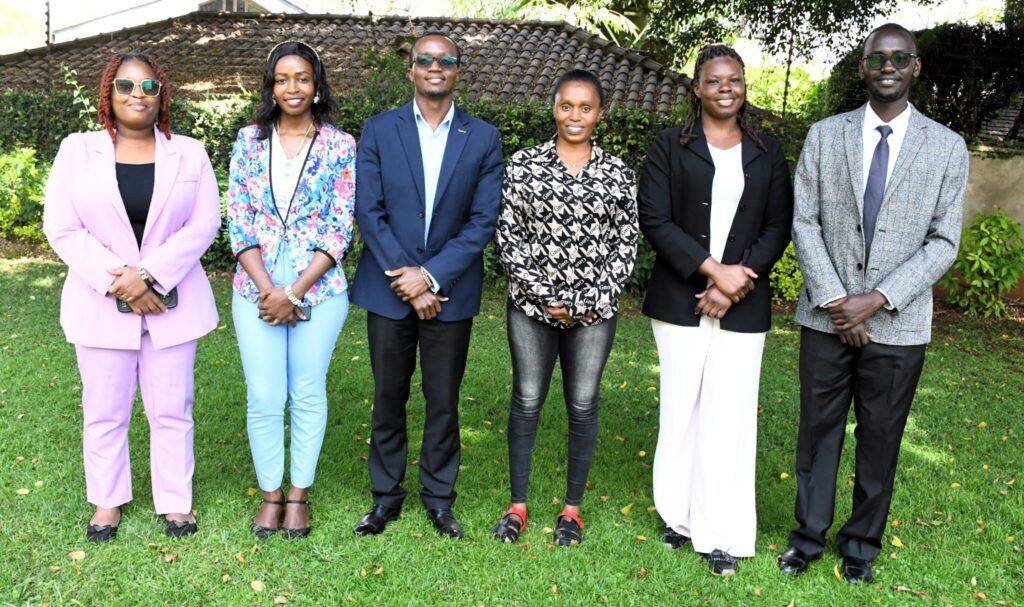Kenya’s agricultural sector has received a major boost through an international training initiative that is equipping young professionals with advanced knowledge and practical skills from China. The Forum for Agricultural Advisory Services – Kenya (KeFAAS) has launched an agricultural exchange programme aimed at strengthening agricultural extension and advisory services, with a focus on empowering smallholder farmers.
The programme, developed in partnership with the Food and Agriculture Organization (FAO) and China Agricultural University (CAU), was established to promote innovation, soil health, and sustainable farming practices. Through the initiative, young Kenyan graduates in agriculture are admitted into a three-year Master’s degree programme in Resource Utilization and Plant Protection. The structure involves one year of study in China, a second year of fieldwork in Kenya to apply the lessons learned, and a final year in China to complete their thesis.
The first cohort of three students is completing its first year and will soon begin establishing a Science and Technology Backyard at Kenyatta Agriculture Institution in Murang’a, where they will adapt and implement the technologies gained. A second cohort of six students has already been selected, and a third group of ten is expected next year, with the overall plan to train about 25 young professionals.
The scholarships cover tuition and living expenses in China, while students cater for their airfare. The selection process requires candidates to hold at least a second upper degree in agriculture, though the declining number of students pursuing agricultural courses has posed challenges in recruitment.
The programme emphasizes smallholder-focused technologies suitable for Kenya’s shrinking land sizes. By drawing lessons from China’s successful farmer support systems, the trainees are expected not only to transfer technical knowledge but also to improve the uptake of agricultural innovations in local communities. Soil fertility, soil health, and plant protection remain core areas of focus, addressing pressing challenges such as land degradation and inefficient use of agrochemicals.
For the beneficiaries, the exchange is a transformative opportunity. Young professionals see it as a chance to enhance their expertise while preparing to guide farmers toward more efficient, sustainable, and productive farming practices. By applying their training directly within Kenyan farming communities, they will bridge the gap between research and practice, ultimately driving agricultural transformation.

